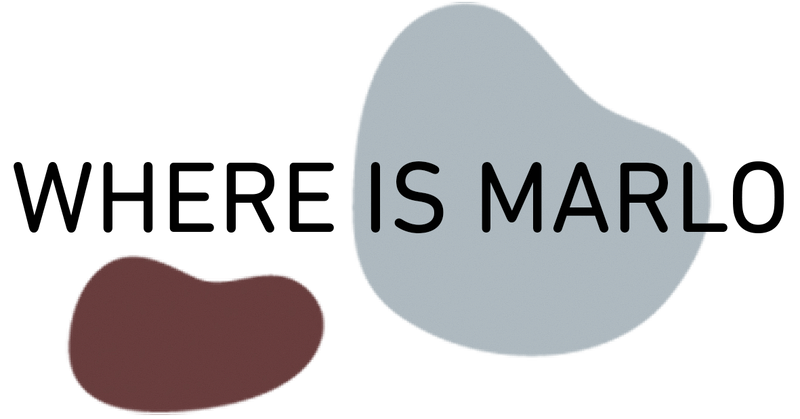
An eco-responsible approach
To be consistent with its ecological approach, the brand carefully monitors every step in the design and manufacturing chain by:
∴ first, producing in Europe, in the Porto region of Portugal more specifically. Production is overseen by a family-owned company with over twenty years’ experience working locally with a variety of specialized factories and production workshops. With each visit, such proximity allows us to meet all the companies involved in the production process (knitwear manufacturing, dyeing, printing, assembly...) allowing us to learn about existing processes and certifications and enabling us to anticipate future projects.
∴ using natural materials as much as possible: organic cotton certified GOTS (global organic standard, a certification which guarantees the respect of social and environmental criteria on the yarn supply chain), recycled cotton, linen or hemp.
∴ researching and gradually introducing new materials or new production processes meeting our environmental criteria. For example, our recent projects are using LENZING™ ECOVERO™ viscose (LENZING ™ ECOVERO ™ viscose fibers are derived from sustainable wood and pulp, from certified and controlled sources. These fibers have been certified by the EU Ecolabel as meeting high environmental standards throughout their life cycle) but also SMART INDIGO™ denim (using this electrochemical dyeing process invented in Valais, drastically limits the use of chemicals and water during this process).
∴ using chemical synthetics material only when necessary for product functionality and durability (lycra in particular); all polyester and nylon used for our swimwear are recycled
∴ working with dyeing and printing factories certified STANDARD 100 by OEKO-TEX® (this certification regulates the use of dyes harmful to health and the environment).
∴ using accessories (buttons, zippers, labels) also produced in Portugal and certified STANDARD 100 by OEKO-TEX®.
∴ paying attention to the finishing and the quality of the fabrics with durability and strength in mind.
∴ minimizing unnecessary packaging and opting for recycled or recyclable materials.
∴ offering a free repair service for defects found on an item in the first 2 years of purchase.
Our commercial approach
Since we launched this project, we have noticed on a daily basis that the textile economy is undergoing profound changes. Fast fashion has imposed its pace and the life span of collections has become very very short! Sales are coming earlier and earlier, outlets are proliferating, waste is in overdrive. It therefore seemed essential to take the commercial high road and enforce our own criteria:
∴ set prices allowing producers, boutiques and our brand to live simply, whilst keeping retail prices affordable for the greatest number.
∴ break free from the pace of seasonal marketing and design according to need and stock level.
∴ not overstock by creating limited editions
∴ design with sustainability in mind in terms of style and quality
∴ not give in to seasonal sales and maintain product value over time
∴ take the opposite view of Black Friday type commercial events.
What is our goal?
Restore a fair and sustainable value for clothes
Anne-Sophie Bitz
Designer


